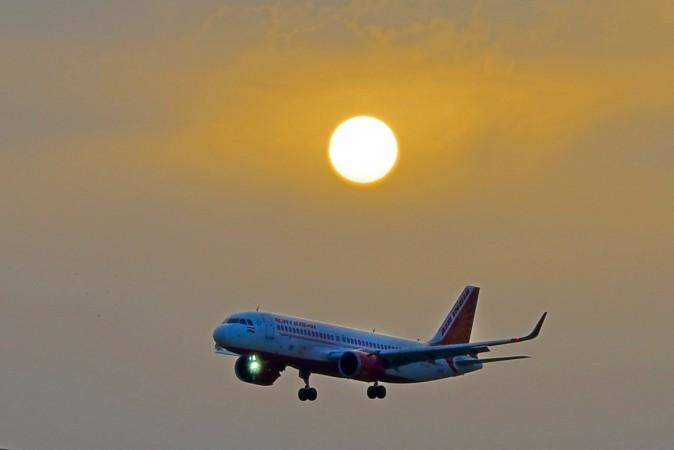
In the government's second attempt to privatise the national carrier Air India, the disinvestment department or DIPAM has invited an Expression of Interest (EoI) from potential investors for selling 100 percent of the debt-ridden airline.
An initial attempt to sell a majority stake in the airline failed to draw a single bid in 2018.
The deadline for submission of EoI for 100 per cent divestment in Air India and the airline's stake in low-cost unit Air India Express and airport services company AISATS is March 17, according to a preliminary information memorandum issued by DIPAM on Monday, January 27.
India said that substantial ownership and effective control of Air India would have to remain vested with an Indian entity following the sale, limiting the scope of any foreign bidders interested in the asset.
In 2018, India had tried to sell a 76 percent stake in Air India and offload about $5.1 billion of its debt, terms that potential buyers at the time viewed as too onerous.
Air India, known for its Maharaja mascot, has some of India's most lucrative international and domestic landing and parking slots that are key for airlines.
Easy bid plans
Since the huge debt had proved unattractive for potential bidders, now, the government has relaxed bidding norms to coax investors to buy the airline. The bidding party will have to bear with only Rs 23,286 crore of the total Rs 60,000 crore debt of Air India.
As for eligibility, the lead member of a consortium can have 26 percent shareholding. The earlier criterion set a holding of 51 percent in a consortium. The minimum shareholding in a consortium has also been eased to 10 percent, potentially enabling more entities to bid as part of a consortium.
The net worth for eligible bidders has been relaxed to Rs 3,500 crore from Rs 5,000 crore.
Air India Express is a wholly-owned subsidiary of Air India. The airline owns 50 percent of AISATS. Individuals and consortia can bid for the airline.

The government has struggled at least twice in the past two years to privatise loss-making Air India due to a lack of interest from bidders.
One reason for the failure was that the government was unwilling to fully exit the airline, looking to sell only 76 percent stake.
The PIM says AI has an aircraft fleet of 121 aircraft (excluding 4 B747-400 aircraft) as on November 1, 2019, mainly comprising Airbus and Boeing aircraft such as A-319, A320, A-321, B-777 and B-787 out of which 65 are owned/on finance lease/bridge loans, 21 are on sale and leaseback model and balance 35 are on operating lease.
Consolidated business in the past had a mix of real estate and aviation interests.
Government of India is now carving out real estate assets and other businesses which are not integral to the core airline business into a separate SPV along with part transfer of certain debt and liabilities (modalities have been worked out) thereby resizing the balance sheet, it said.
Earlier this month, the Home Minister Amit Shah-led GoM approved the draft for inviting bids.
Finance Minister Nirmala Sitharaman had said during her budget speech that the government wanted to raise Rs 1.45 lakh crore from divestment. However, the delay in finding buyers had made it impossible to meet the target. The massive divestment programme is the key proposal in Prime Minister Narendra Modi's strategy for making the country a $5 trillion economy.
(With agency inputs)

















